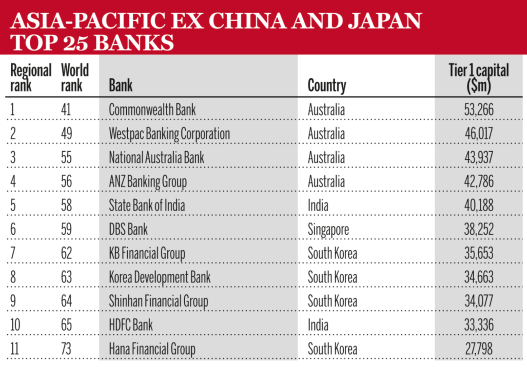Speakers at FINSIA’s next cyber security webinar have warned individuals and organisations need to increase education and due-diligence.
Brendan Read and Nigel Phair - whose expert knowledge comes from dealing with cyber criminals specialist police divisions - were speaking following the news that Australians lost a record amount of more than $2 billion to scams in 2021 as criminals ever more devious ways to fleece victims.
“Every online interaction you need to verify who you are engaging with. Particularly if there are attachments or links as you are only one click away from potentially opening the door to a cyber-attack,” said Brendan, a former officer in the Queensland hi-tech crimes unit.
He urged organisations to take a two-pronged approach to fighting back against the scammers who Australian Competition & Consumer Commission Deputy Chair Delia Rickard described as the most “opportunistic” of all criminals.
Brendan said: “Organisations need to take a two-pronged approach to preventing scams – the first is education.
“Educating employees about the types of scams that are occurring, the potential consequences of being scammed and the need to always verify sources.
“Secondly is building a network of trusted resources, either internal or external, that can assist with verification and containment of potential cyber risk.”
Of the $2bn-plus lost by Australians, investment scams cost the most, amounting to $701 million in 2021. That was followed by payment redirection scams that came to $227 million and romance scams that came to $142 million.
Ms Rickard added: ”We have seen a marked decline in some of the older, low-end scams and an enormous increase in more sophisticated ‘white-collar’ fraud, such as cryptocurrency investment scams.
“There was a spike last year in scams relating to pyramid and ponzi schemes, largely due to the emergence of some sophisticated ponzi investment scam apps.
“If an investment opportunity seems too good to be true, we urge all Australians to not go anywhere near it,”
Echoing the ACCC warning, Brendan said: “Over 10 years ago when I was in the Queensland police force the most prominent scams we dealt with were advanced fee/upfront payment scams.
“In 2021 we saw a significant increase in investment scams, with losses from scams offering fake investment opportunities doubling from 2020.
“I believe this is fundamentally due to a lack of due diligence and often a lack of understanding of what people are investing in, with the offer often too good to be true.”
Professor Phair - who has written four books on cyber crime after a 21-year career with the Australian Federal Police - pointed out the true cost to the economy was much higher than the $2bn lost to scams - and that the extent the cost of the scams was much higher.
“Reported losses from online scams has doubled in the past two years,” he said.
“Realistically it is probably much higher. Cybercrime in general is costing the Australian economy - $42bn per year.
“Obviously current measures are not working in protecting individuals or businesses. Responsibility lies with all parties of the online ecosystem and as a nation we need to do much better.”
Record levels of reports and losses from Australians experiencing vulnerability or hardship prompted a particular message from the ACCC.
“The increasing number of reports by people experiencing vulnerability is a very worrying trend. Everyone from government, to banks, and digital platforms needs to do more to address this,” Ms Rickard said.
“The ACCC is particularly wanting banks to match payee information in pay anyone transactions. This has been shown to have a real impact in countries that have done so.”
Register Now: How financial services can face up to cyber threats in 2022








